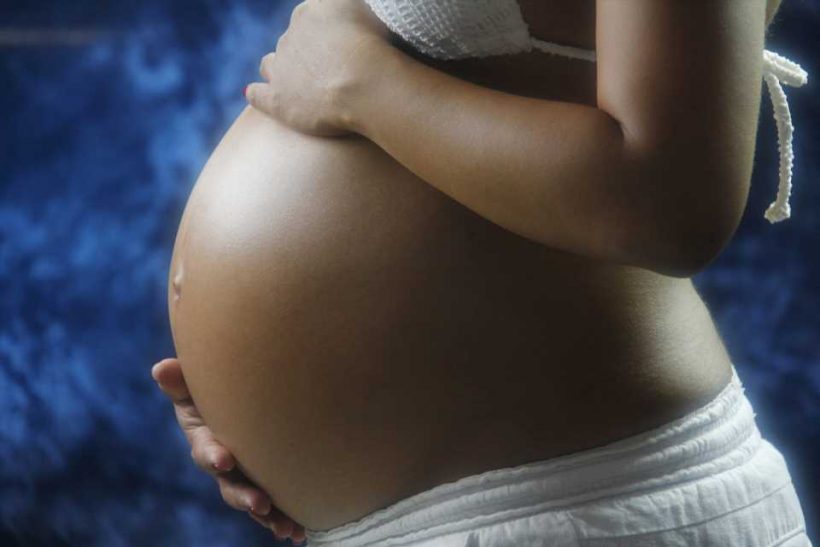
Vaccination against COVID-19 during pregnancy is not associated with a higher risk of pregnancy complications, according to a large-scale registry study from Karolinska Institutet in Sweden and the Norwegian Institute of Public Health published in the journal JAMA.
The study, which comprised almost 160,000 pregnancies, found no increase in the risk of preterm birth, growth retardation, low Apgar scores at birth or the need for neonatal care after vaccination against COVID-19 during pregnancy.
“The results are reassuring and can hopefully make pregnant individuals more willing to get vaccinated,” says co-first author Anne Örtqvist Rosin, researcher at the Department of Medicine, Karolinska Institutet (Solna).
Earlier studies have shown that pregnant women belong to a risk group for serious COVID-19 requiring intensive care with a higher risk of death than non-pregnant women of a fertile age. Pregnant women with severe COVID-19 are also more likely to have preterm births. Since January 2021, efficacious COVID-19 vaccines have been available in Sweden and Norway, and in May 2021 Sweden recommended all pregnant individuals to have a COVID-19 jab, followed in August by Norway.
Lower vaccination rates
“We’re still seeing that vaccination rates are lower than in the rest of the population, so it’s likely that there’s some concern about how the vaccines affect the pregnant individual and the fetus,” explains Dr. Örtqvist Rosin. “When the vaccines were produced, pregnant women were not included in the large clinical studies, and until now there have been no population-based data about any risk there might be to them.”
The researchers linked Sweden’s Pregnancy Register and Norway’s Medical Birth Register to each country’s vaccination register to obtain data on if and when pregnant individuals were vaccinated and with which vaccine. The study included a total of 157,521 individuals who gave birth between January 2021 and January 2022, of whom almost one fifth (18 percent) had been vaccinated. It was found that vaccinated individuals were at no higher risk than unvaccinated of developing one of the studied complications.
The majority of the pregnant individuals included in the study were vaccinated after week 12 in accordance with current recommendations. 95 percent received an mRNA vaccine (Pfizer-BioNTech or Moderna). This should be taken into consideration when interpreting the results, which were similar for the different mRNA vaccines irrespective of whether one or two doses were given. Vaccination during the third trimester and vaccination with the Moderna vaccine was associated with a slightly lower risk of neonatal care.
Antibodies pass through the placenta
One potential advantage of vaccination during pregnancy is that the antibodies thus formed pass through the placenta, providing the newborn baby with a certain degree of protection against COVID-19.
Source: Read Full Article
